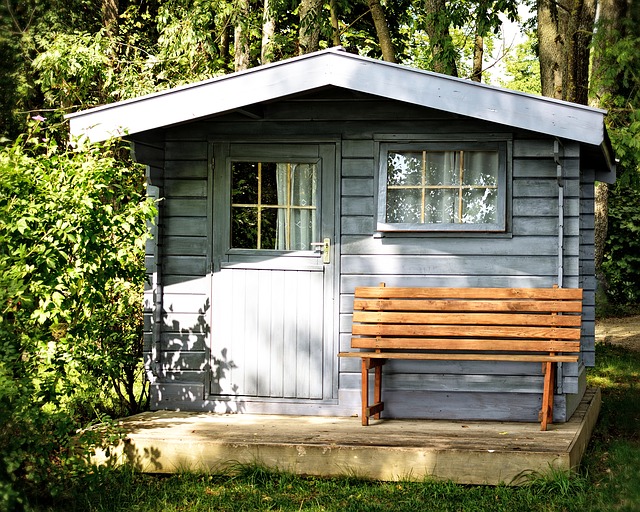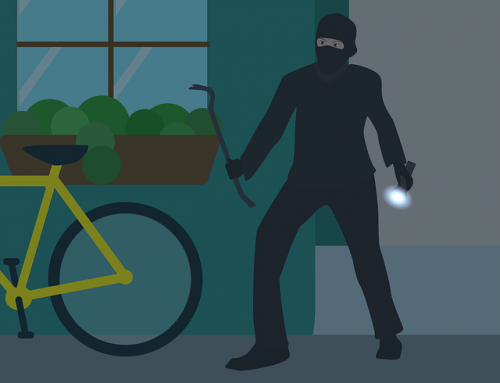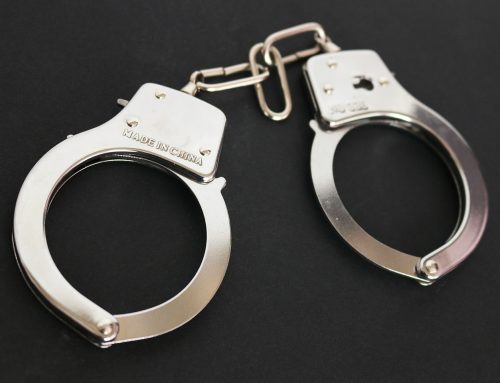Recently, a Newhall man was arrested on suspicion of false imprisonment after it was reported that he locked his girlfriend in a shed in his backyard. According to reports, the couple was having problems and, after an argument, the woman was physically assaulted. After that, the suspect locked the victim in a shed, where she also lived.
The victim got herself out of the shed and told police about her situation. Responding officers later arrested the suspect who was held in lieu of $95,000 bail. He posted bail later that day.
False imprisonment is covered under California Penal Code 236 PC and is described as “the unlawful violation of the personal liberty of another.” The definition is pretty broad, and a few examples include:
- Physically restraining someone, against their will, and preventing from leaving a room/building/vehicle/etc.
- Locking someone in a closet so they cannot get out
- Being arrested without a warrant or legal authority to do so
In order for someone to be charged with false imprisonment, five things need to be present.
- The suspect needs to have intentionally restrained, detained, or confined someone;
- The detention, restraint, or confinement needs to have prevented the victim from being able to go somewhere, even for just a short while;
- The victim did not consent to the restraint, detention, or confinement;
- The victim was harmed;
- The suspect’s conduct was a significant factor in causing the victim harm.
There are certain situations where a person can be restrained/detained/confined without the risk of violating PC 236. Police, for example, have the legal authority to arrest or detain someone. Situations of self-defense, shopkeeper’s privilege (the ability for a shopkeeper to detain someone suspected of shoplifting in order to investigate the situation), and parental rights.
The crime is a “wobbler” that can be charged as either a misdemeanor or a felony. When charged as a misdemeanor, the potential penalties include a fine of up to $1,000 and/or up to 1 year in county jail. For felonies, the potential penalties include a county jail sentence of 16 months to 3 years.








Leave A Comment